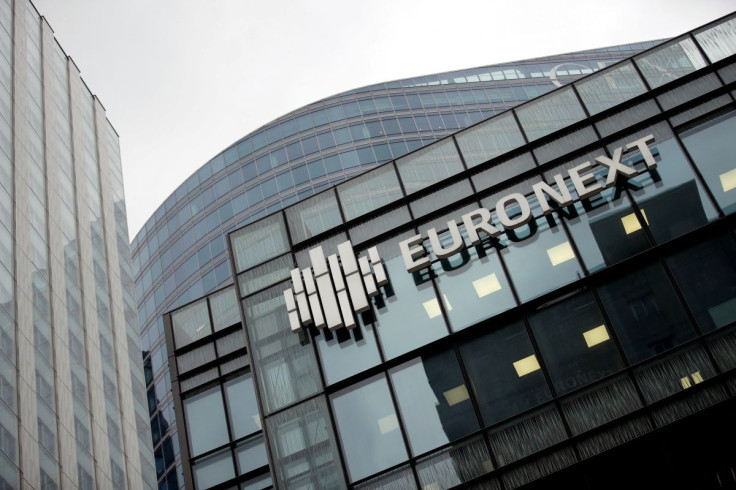Fasten Your Seatbelts For A Bumpy Ride, Euronext CEO Warns

Investors should get ready for a bumpier ride as markets adjust to prolonged inflation, hefty interest rate rises and a fall in the euro to parity with the dollar, Euronext chief executive Stephane Boujnah said on Thursday.
Unavoidable volatility in share prices in months to come means that exchanges and their customers must remain agile to also cope with supply chain pressures and fallout from the war in Ukraine, Boujnah said.
The European Central Bank hiked rates by 50 basis points last week, with the U.S. Federal Reserve increasing rates by another 75 basis points on Wednesday. The Bank of England is set to raise rates next week, perhaps by as much as 50 basis points.
"Clearly ahead of us we have adjustments that are to come to price lasting inflation, increased interest rates, lasting geostrategic moves, and there will be some form of rotation in assets to transform these external shocks into investment decisions," Boujnah told Reuters.
Euronext, which runs stock exchanges in Paris, Dublin, Amsterdam, Lisbon, Brussels and Oslo, reported second quarter earnings on Thursday, with like-for-like revenue and income up 2.5% on the same quarter last year at 374.7 million euros.
The first savings from its takeover of the Milan Exchange Group totalled 24.1 million euros, a quarter of the 100 million euros savings forecast under the exchange's current strategic plan which runs to the end of 2024.
Shifting servers from Basildon near London to Bergamo in Italy due to Brexit contributed 8.9 million euros to savings. There are no changes to guidance on savings or costs, Boujnah said.
New listings on Euronext markets totalled 41 in January to June, down from 104 in the first half of 2021 due to market uncertainty, but still ahead of London Stock Exchange and Deutsche Boerse, Boujnah said.
"There are many companies that need liquidity and need to raise their own funds, but the question is the appetite of investors for equity risk at a time of strong volatility."
© Copyright Thomson Reuters 2024. All rights reserved.




















